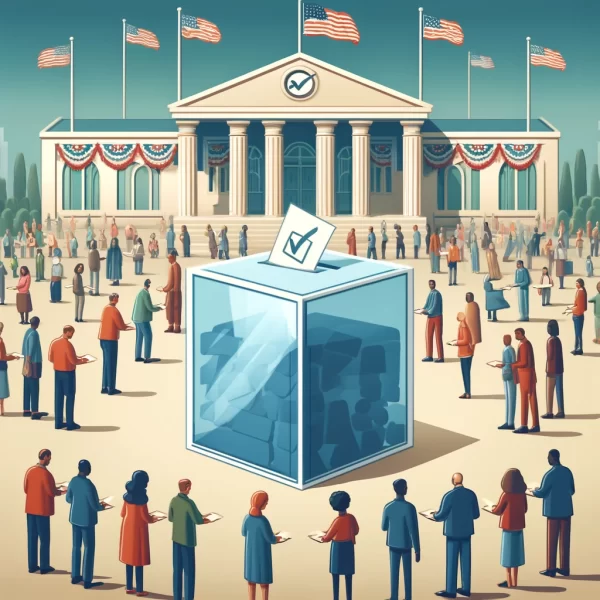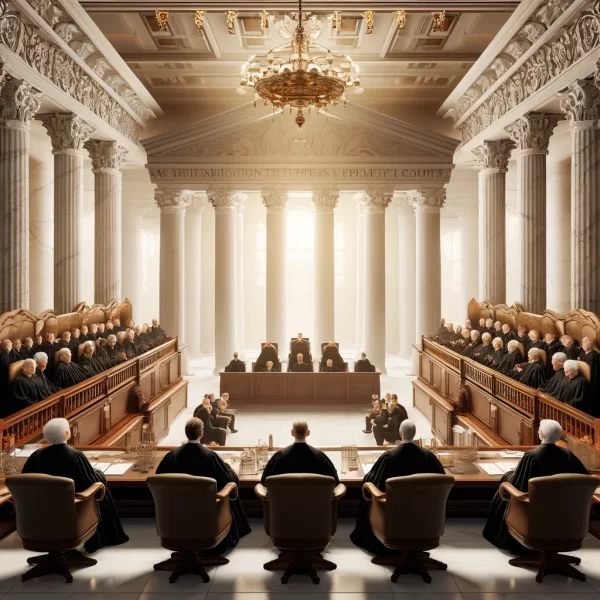Legal Battles and Election Integrity: The Ramifications of Targeting Former President Trump
Introduction to Election Interference and Legal Scrutiny

In recent years, the political climate in the United States has been characterized by unprecedented division. Complete with contentious debates surrounding the integrity of the electoral process. A significant aspect of these debates involves the legal challenges former President Donald Trump faced. These legal cases have not only shaped political narratives but have also raised important questions. Questions about the line between legitimate legal scrutiny and perceived political targeting.
The Legal Landscape Surrounding Donald Trump
Despite no longer holding office, Donald Trump remains a figure of immense public interest and political influence. The slew of legal challenges against him—ranging from investigations into business dealings and financial practices to inquiries about his actions while in office. This has sparked a nationwide discussion on their timing and nature. Critics argue that the intensity and timing of these prosecutions seem to align suspiciously with electoral cycles, suggesting a potential misuse of legal tools for political ends.
This phenomenon is not entirely new to American politics; however, the scale and visibility of the actions against Trump have brought this issue into sharper relief. As these cases advance through the judicial system, they not only dominate media cycles. They also mobilize and polarize voter bases in ways that could have long-lasting effects on electoral outcomes.

Implications for Voter Sentiment and Trust
The ongoing legal actions against former President Trump have profound implications for voter sentiment and trust in the electoral system. On one hand, some see these legal cases as necessary. Necessary for upholding the law and ensuring accountability, regardless of an individual’s political stature. On the other hand, a significant portion of the electorate views these actions as deliberate. Seeing them as attempts to undermine Trump. Thereby influencing voter perception and interfering with the electoral process.
This dichotomy has led to an erosion of trust in key institutions, including the judiciary and the media. As trust declines, voter cynicism can increase. Potentially leading to lower voter turnout and a disengaged electorate. The belief that elections are not solely contests of policies but battles against biased institutional powers can alter the fundamental nature of political campaigns.
The Broader Impact on American Democracy and Political Discourse
The targeting of a political figure like Donald Trump through legal means carries broader implications for American democracy and political discourse. It sets precedents regarding how former leaders are treated. It changes how law enforcement is perceived. A tool of political rivalry. This situation risks turning legal challenges into political weapons. Weapons wielded by any party in power against its opponents. This will destabilize the democratic balance.
Furthermore, the intense focus on Trump’s legal issues often overshadows substantive policy discussions, diverting public attention from critical issues. Issues such as economic policy, international relations, and domestic welfare. This shift in focus can degrade the quality of political discourse, turning it into a spectacle driven by accusations and legal drama rather than informed debate and constructive criticism.
Navigating the Future of Political Engagement
As the nation moves forward, the electorate must navigate these complex legal and political landscapes with a critical eye. To see the potential motivations behind legal actions. Recognizing the impact on political engagement, and striving for a more informed and less polarized political discourse are essential steps in safeguarding the principles of democracy.
For both proponents and critics of Donald Trump, the unfolding legal dramas offer a moment to reflect on the nature of political power and the mechanisms of accountability in a democratic society. It is through these reflections and engagements that the electorate can hope to influence a more equitable and just political system.
